
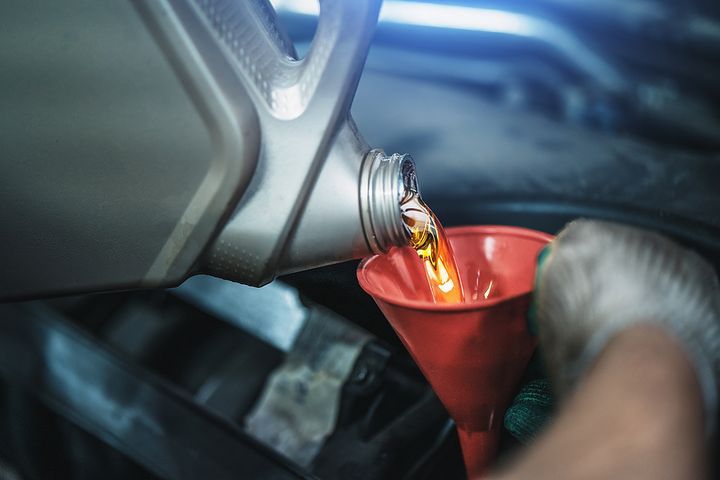

Engine oil burning is a prevalent issue that plagues many vehicle owners, especially those with high-mileage or older engines. When oil seeps past worn components like piston rings, valve guides, or seals, it enters the combustion chamber and burns along with the fuel. This leads to excessive oil consumption, visible blue smoke from the exhaust, and potential engine damage if left unaddressed. While a complete engine rebuild or replacement may be necessary in severe cases, using the right oil additive can often provide a cost-effective and convenient solution to reduce oil burning and extend the life of your engine. In this comprehensive guide, we'll delve into the best oil additives, their types and mechanisms, top recommendations, proper usage guidelines, and alternative solutions to help you tackle this common problem effectively.
Oil burning in engines occurs due to wear and tear on critical components over time. As piston rings, valve guides, and seals deteriorate, they lose their ability to maintain a tight seal, allowing oil to seep into the combustion chamber where it burns along with the fuel. This not only leads to excessive oil consumption but also produces visible blue smoke from the exhaust, indicating an internal engine issue.
Oil additives are formulated to mitigate this problem by addressing the root causes of oil burning. They typically fall into four main categories, each with its unique mechanism of action:
| Additive Type | Mechanism |
|---|---|
| Viscosity Modifiers | Increase the oil's viscosity or thickness to help seal worn piston rings and valve guides, reducing oil seepage. |
| Seal Conditioners and Swell Agents | Contain chemicals that cause rubber seals and gaskets to swell slightly, improving their sealing ability and preventing oil leaks. |
| Anti-Wear and Friction Modifiers | Reduce friction between moving parts, minimizing wear on components like piston rings and cylinder walls, slowing the progression of oil burning. |
| Detergents and Dispersants | Help keep the engine clean by preventing sludge buildup, which can exacerbate oil consumption issues. |
While not directly addressing oil burning, detergents and dispersants play a crucial role in maintaining a clean engine environment, supporting the effectiveness of other additives.
Based on expert reviews, user feedback, and extensive research, several oil additives stand out as highly effective solutions for reducing oil burning. Here are some of the top recommendations, along with their key features, pros, and cons:
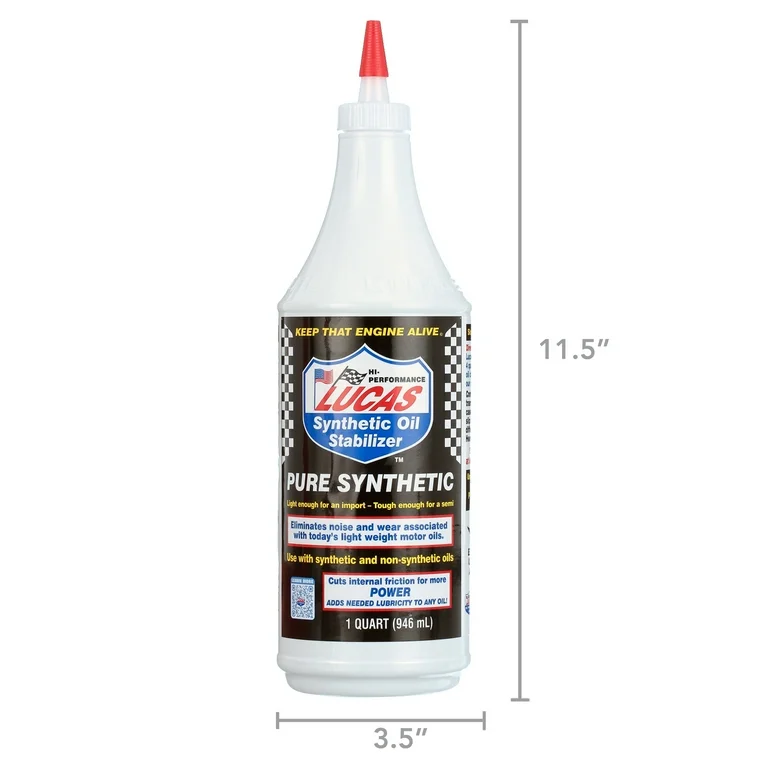
Combines a viscosity modifier and seal conditioner to reduce oil consumption and leaks.
Suitable for all gasoline and diesel engines, including high-mileage vehicles.
Effective at reducing oil burning and smoke.
Affordable and easy to use.
Highly rated by users (4.5/5 based on over 5,000 reviews).
May not work in severe cases of oil burning.
Requires regular re-application for sustained results.
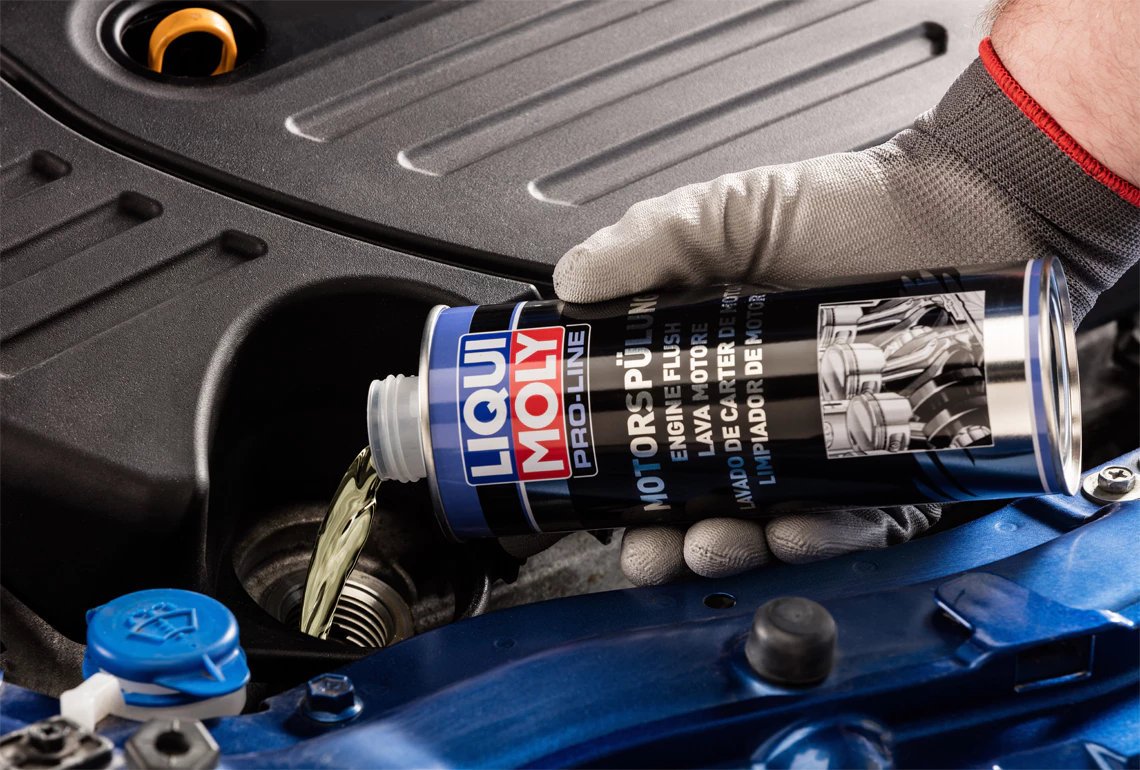
Proprietary formula designed to revitalize worn seals and reduce oil burning.
Suitable for gasoline engines with up to 150,000 miles.
Highly effective at reducing oil consumption.
Long-lasting results with a single application.
Well-regarded by users (4.3/5 based on over 1,000 reviews).
More expensive than some alternatives.
Limited compatibility with diesel engines or engines over 150,000 miles.
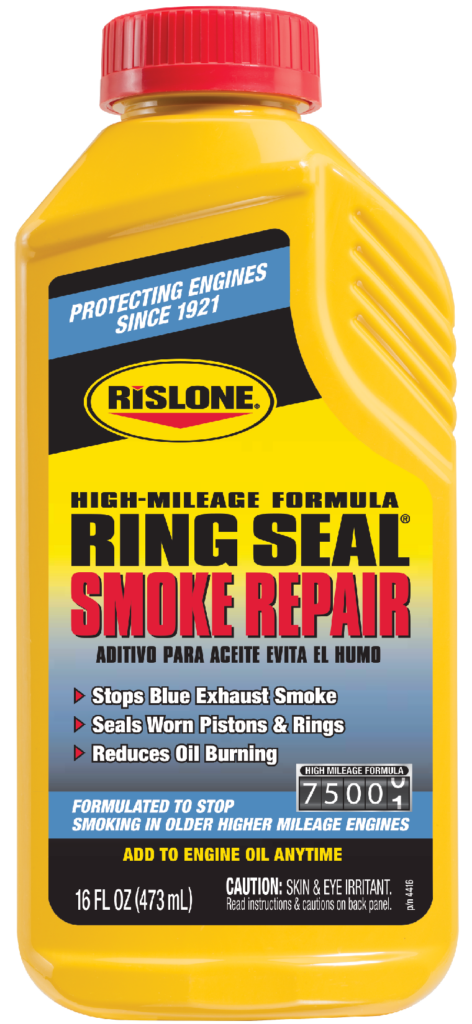
Combines a viscosity modifier and seal conditioner to reduce oil burning and smoke.
Suitable for all gasoline engines, including high-mileage vehicles.
Affordable and easy to use.
Effective at reducing both oil consumption and smoke.
Rated favorably by users (4.2/5 based on over 2,000 reviews).
May not work as well in severe cases of oil burning.
Some users report mixed results or short-lived effects.
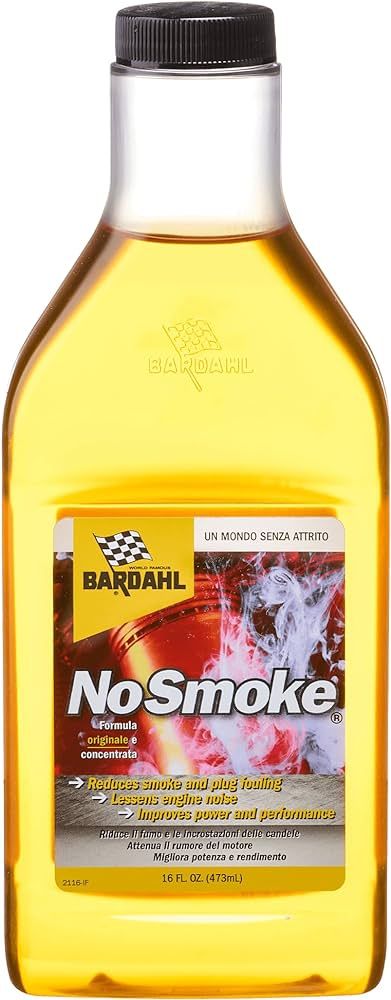
Thick formula designed to seal gaps and reduce friction.
Suitable for older vehicles with excessive oil burning and smoke.
Highly effective at reducing smoke from the exhaust.
Can also help quiet noisy lifters.
Rated well by users for smoke reduction (4.1/5 based on over 1,500 reviews).
May not be as effective at reducing overall oil consumption.
Limited compatibility with newer or low-mileage engines.
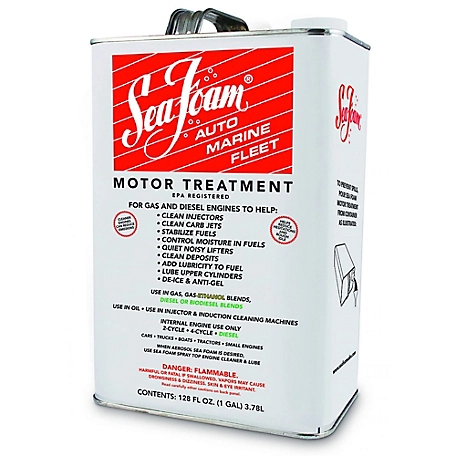
Combines a detergent, dispersant, and lubricant to clean and protect engines.
Suitable for all gasoline and diesel engines, including high-mileage vehicles.
Versatile product that helps clean and lubricate engine components.
Highly rated by users for overall engine performance (4.4/5 based on over 10,000 reviews).
Can be used as a complementary treatment alongside other oil additives.
May not be as effective as dedicated oil burning additives for reducing oil consumption.
Requires regular use for sustained benefits.
To get the best results from oil additives and avoid potential issues, it's essential to follow these guidelines:
| Guideline | Explanation |
|---|---|
| Dosage and Frequency | Always follow the manufacturer's recommended dosage and frequency instructions. Overusing additives can be just as harmful as not using them at all, as excessive amounts can lead to adverse effects or compatibility issues. |
| Oil Compatibility | Check that the additive is compatible with the type of oil you're using (conventional, synthetic, or a blend). Some additives may interact negatively with certain oil formulations, potentially causing sludge buildup or other problems. |
| Proper Application | Ensure that you add the additive to the engine oil correctly, typically by pouring it directly into the oil fill port or through the dipstick tube. Improper application can reduce the additive's effectiveness or lead to unintended consequences. |
| Regular Monitoring | Keep an eye on your oil level and condition, and be prepared to change the oil and reapply the additive as needed. Oil additives are not a permanent solution, and regular maintenance is still necessary to maintain optimal engine performance. |
| Seek Professional Advice | If you're unsure about using oil additives or if the oil burning issue persists despite using an additive, consult with a qualified mechanic for further diagnosis and recommendations. Severe cases of oil burning may require more extensive repairs or engine work. |
While oil additives can be effective in reducing oil burning, they may not be suitable for all situations or provide a permanent solution. In some cases, more extensive repairs or maintenance may be required, such as:
Engine Rebuild or Replacement: For severe cases of oil burning, rebuilding or replacing the engine may be the only viable option, especially if there is significant wear or damage to internal components like piston rings, cylinder walls, or valve guides.
Frequent Oil Changes: Regularly changing the engine oil and filter can help minimize the buildup of contaminants and sludge, which can contribute to oil burning issues. Fresh oil can also help maintain proper lubrication and sealing properties.
Using Thicker Oil Viscosity: Switching to a higher viscosity oil (e.g., from 5W-30 to 10W-30) can sometimes help reduce oil burning by providing better sealing around worn components. However, this should only be done if recommended by the vehicle manufacturer or a qualified mechanic, as using an improper oil viscosity can lead to other issues.
It's important to note that these alternatives may not be suitable for all situations, and it's always advisable to consult with a qualified mechanic or seek professional advice to determine the best course of action for your specific vehicle and engine condition.
Tackling oil burning often requires a multi-faceted approach, combining the use of effective oil additives with proper maintenance and, in some cases, more extensive repairs. Here's a step-by-step guide to addressing this issue:
Diagnose the Severity: Assess the extent of oil burning by monitoring your oil consumption rate, checking for blue smoke from the exhaust, and inspecting the engine for any visible leaks or damage.
Choose the Right Additive: Based on your engine's condition, mileage, and the severity of oil burning, select a high-quality oil additive that targets the root causes, such as those recommended in this guide.
Follow Proper Usage Guidelines: Carefully read and follow the manufacturer's instructions for dosage, frequency, and application method to ensure optimal results and avoid any potential issues.
Monitor and Maintain: Regularly check your oil level and condition, and be prepared to change the oil and reapply the additive as needed. Consistent maintenance is crucial for sustained effectiveness.
Consider Alternative Solutions: If the oil burning persists or worsens despite using an additive, consult with a qualified mechanic to explore alternative solutions, such as frequent oil changes, using a thicker oil viscosity, or potentially an engine rebuild or replacement in severe cases.
Preventive Measures: To minimize the risk of future oil burning issues, follow the manufacturer's recommended maintenance schedule, use high-quality engine oil, and address any potential leaks or wear promptly.
By following this comprehensive approach and seeking professional advice when necessary, you can effectively address oil burning issues, extend the life of your engine, and enjoy a smoother, more efficient driving experience.
Oil burning can be a frustrating and potentially costly issue for vehicle owners, but using the right oil additive can often provide an effective and affordable solution. By choosing a high-quality additive and following the proper usage guidelines, you can help reduce oil consumption, minimize smoke and emissions, and extend the life of your engine. However, it's important to remember that oil additives are not a permanent fix, and severe cases of oil burning may require more extensive repairs or engine work. If you're unsure about the best course of action, it's always advisable to consult with a qualified mechanic or seek professional advice. By addressing oil burning issues promptly and taking the necessary steps to maintain your engine, you can enjoy a smoother, more efficient, and longer-lasting driving experience.
Worn piston rings, damaged valve guides, excessive crankcase ventilation, high oil pressure, and low oil viscosity can all contribute to excessive oil burning in engines.
Oil additives contain viscosity modifiers, seal conditioners, anti-wear agents, and detergents/dispersants that help seal leaks, reduce friction, and maintain a clean engine environment.
While generally safe, overusing additives or using incompatible ones can lead to sludge buildup or other issues. Following dosage instructions and monitoring oil condition is crucial.
Common signs include low oil levels between changes, blue smoke from the exhaust, and the smell of burning oil.
Most additives require reapplication with every oil change or as per the manufacturer's recommendations for sustained effectiveness.
No, oil additives may not be effective in severe cases of oil burning, which may require more extensive repairs or an engine rebuild/replacement.
Following the recommended maintenance schedule, using high-quality engine oil, and addressing leaks or wear promptly can help prevent oil burning issues.
In some cases, switching to a higher viscosity oil can help reduce oil burning by providing better sealing around worn components, but only if recommended.
Ignoring oil burning can lead to decreased engine performance, increased emissions, and potentially engine failure if left unaddressed for too long.
Alternatives include frequent oil changes, using a thicker oil viscosity (if recommended), or potentially an engine rebuild or replacement in severe cases.

Sarah isn't your average gearhead. With a double major in Mechanical Engineering and Automotive Technology, she dived straight into the world of car repair. After 15 years of turning wrenches at dealerships and independent shops, Sarah joined MICDOT to share her expertise and passion for making cars run like new. Her in-depth knowledge and knack for explaining complex issues in simple terms make her a valuable asset to our team.












